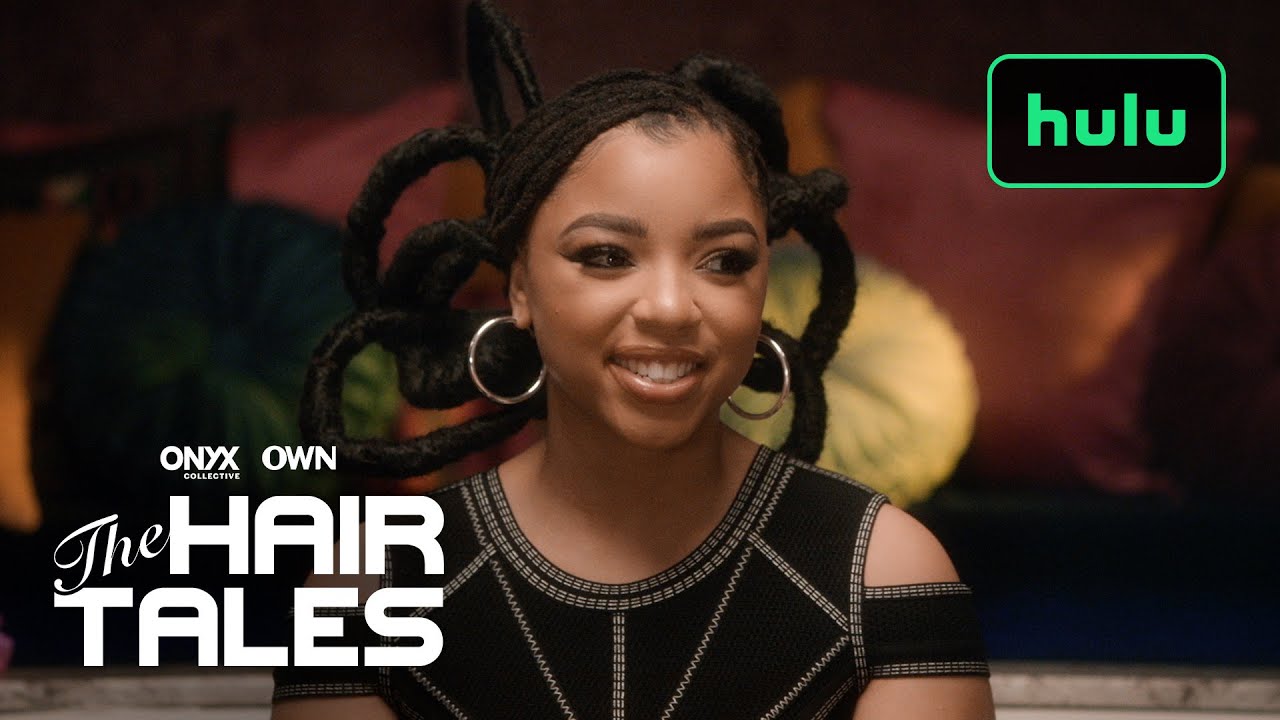In one way or another, for lots of people, their hair marks their identity. “Black-ish” star Tracee Ellis Ross is exploring the cultural impact of hair identity in her new docuseries “The Hair Tales,” taking a specific look at how hair impacts black women’s identity. The show premiers this weekend.
Decidedly less a cultural concern (most times) than a personal one, many hair wearers identify intensely with having the hair we provide them,. That’s why so many people come to Guci Image when they begin to lose their hair. Surely wanting to retain a youthful appearance, recall days ago when one could swish long luscious locks down one’s back or run one’s fingers through the hair on their scalp; many surely identify greatly with having hair.
There were some marketable shifts in how people came to view life during the lockdown days of the pandemic. And some of those shifts came from how people responded to their hair care. Since folks couldn’t get out so readily (or get out at all) to visit our Paramus, NJ salon, or go anywhere else for that matter, getting one’s haircut or colored (surely coming in for monthly Guci Image maintenance) just didn’t happen. Lots of people simply did not worry over their hair when worrying about the pandemic (see this article, just one of many on the subject) and came to define their identity without their usual color and cut.
Lots of people surfed the surrender/realization of ‘This is really how I look, so this is the way I will look.’ Still, there were plenty of people who still wanted to identify with/by the hair they wore and the color and cuts they wanted to get back to. We personally helped plenty of clients with DIY tack-downs, etc., just so they could wear their hair while we couldn’t attend to them.
Really, no one can rightly say how your hair identity should play out in your life. But however, it does, Guci Image is always here to help.



